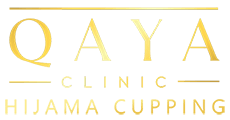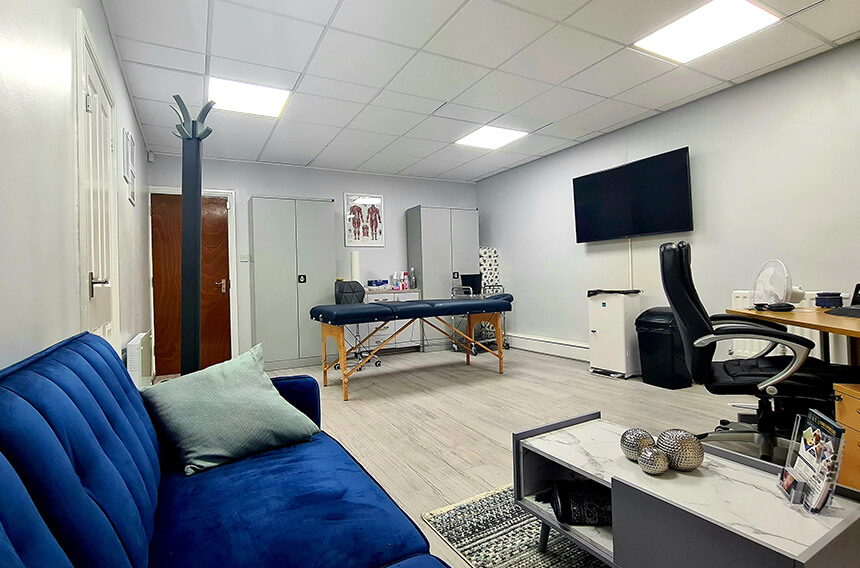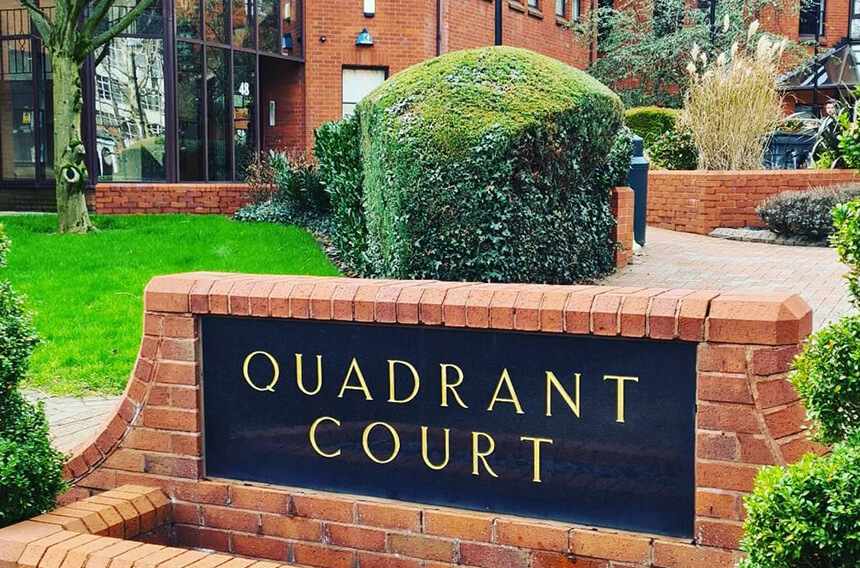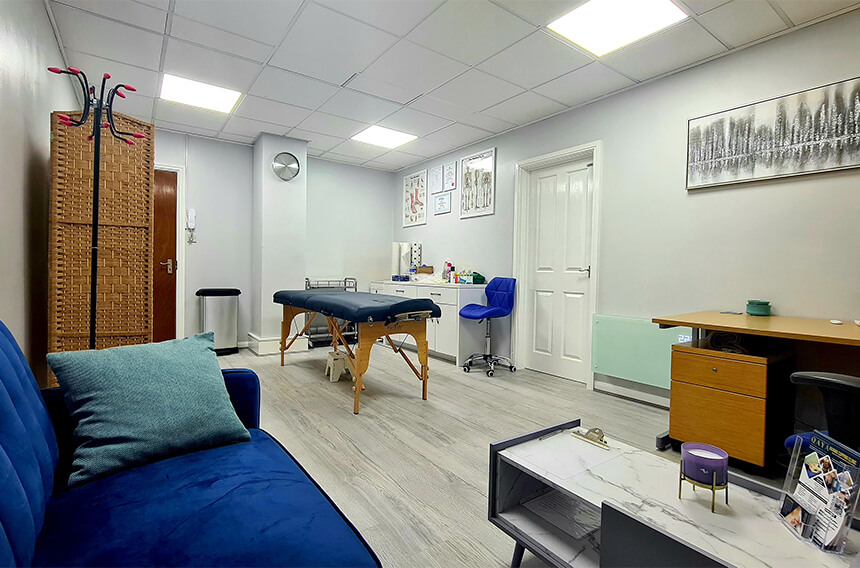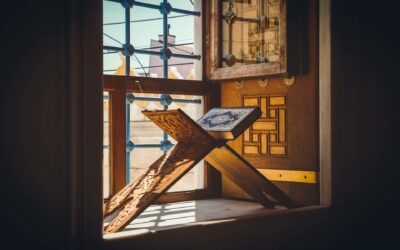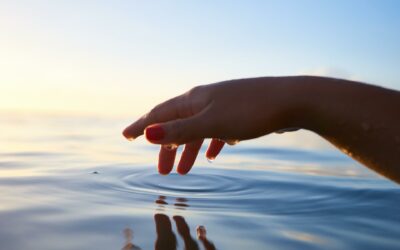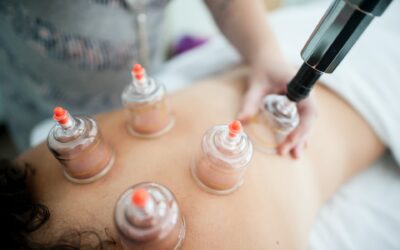Inability to sleep or stay asleep at night or both is called insomnia. It is a very common sleep disorder that makes it difficult to sleep or makes you wake up too early and not be able to get back to sleep again.
Conditions of Insomnia
Doctors diagnose insomnia in two different conditions:
Short-term (acute) insomnia, which lasts for days or sometimes for few weeks. It happens due to traumatic effects, stress, anxiety, irregular sleeping patterns like jetlag or work shifts, physical pain, or any side effects from medicines.
Long-term (chronic) insomnia, that lasts for months or more. This condition of insomnia occurs with medical conditions that make it harder to sleep like Parkinson’s disease, arthritis, type 2 diabetes etc, psychological or neurological issues or sleep apnea.
Types of Insomnia
There are several types of insomnia, two are more common, primary and secondary.
Primary insomnia: This means that your sleep issue is temporary, it is not linked with any serious health condition.
Secondary insomnia: This means that your sleeping problem is because of a health condition like asthma, arthritis, heart condition etc. Body pain and side effects of medication are also included in this criteria.
Sleep-onset insomnia: This means that you can’t get into sleep.
Sleep-maintenance insomnia: This means that your time period of staying asleep is very short and you wake up early.
Mixed insomnia: This means that you have trouble getting into sleep and staying asleep throughout the night.
Why Sleepless nights (insomnia)?
To get rid of sleepless nights, it is very important to figure out the root cause of insomnia. You have to become a detective to find out the causes of insomnia and the natural ways to cure your sleeping problem. Causes of insomnia vary from person to person and it also depends on the type of insomnia a person has.
Causes of insomnia may include:
Depression, anxiety, stress
A traumatic experience
Change in sleeping habits like jetlag, new job timing or change of place
Excessive use of caffeine, tobacco or alcohol
Certain medications might affect your sleep
Certain medical conditions that could make sleeping issues
Late-night heavy meals could cause primary insomnia
The discomfort of mattress or pillow
Psychological or neurological issues
Pregnancy could be a primary cause
Insomnia may run in families too means could be genetic
Daytime sleeping habits
Certain Lifestyle routine could cause Insomnia
It is important to know the root cause of insomnia. This is the first step to cure your sleeping disorder. The next step could be to have a look at your routine. Sometimes our routine makes things worse for us. Instead of curing the problem, we make it worse.
For example, if you are a tea or coffee lover and drink an excessive amount of caffeine during the daytime, it makes it difficult to fall asleep at night.
Food also plays a very important role to regulate sleep patterns. Eating sugary foods or drinking excessive sugary beverages can cause insomnia. Heavy meals too late at night can cause primary insomnia.
Photo by Elevate on Unsplash
Napping late in the evening can negatively impact the ability to sleep at night. Too much screen time is also one of the major causes of insomnia. Adults and teens spend too much time on computers, video games, mobile phones or television.
Some people are night owls or you can say party animals, they like spending nights out. The routine of staying awake at night also causes insomnia.
Habits that disrupt your sleep patterns should be changed because day or nighttime habits make it harder to cure insomnia.
How to Treat Insomnia?
There are two ways to treat insomnia.
Pharmaceutical treatment
If you cannot complete your routine work because you are tired all the time, maybe you should see your doctor. The doctor will do a physical exam and will ask about your medical history and sleep regulation. The doctor might ask you to note your sleep patterns for one or two weeks. A doctor can also ask you for a special test at a sleep centre. If you are having acute insomnia then you may not need pharmaceutical treatment. The doctor may prescribe sleeping pills for a short period of time. Don’t use over-the-counter sleeping pills, they might have some side effects.
For chronic insomnia, visiting a doctor is a good idea. It is very important to treat health conditions that cause insomnia like Hypothyroidism, arthritis, Parkinson’s disease, diabetes, Heart disease, Alzheimer’s disease, etc. Getting proper treatment for such health conditions can alleviate sleep difficulties.
Nonpharmaceutical treatment
Medications are often used to treat insomnia. But numerous nonpharmaceutical treatments help to cure insomnia.
Photo by Sincerely Media on Unsplash
For example, make sure that your bedroom is cozy and noise-free. The mattress and pillow should be soft and comfy. Darkness in the room also helps with sleeping issues. There is a pineal gland in our brain that produces the melatonin hormone which helps to regulate the sleep cycle. Melatonin hormone responds very well to darkness, exposure to light can block melatonin production.
Creating a calm and relaxing sleep environment with zero interruption also helps with poor sleep patterns.
Sleep schedule also helps with insomnia. Getting up and going to bed at the usual time helps regulate sleep rhythm.
Taking a hot bath before going to bed also helps with sleep difficulties. When you soak your body in hot water then your muscles go into relaxing mode. A study found that taking a hot bath for 90 minutes before going to bed helps to fall asleep more quickly.
Photo by Chelsea Shapouri on Unsplash
Massage your head and foot with some essential oils is also the best treatment for insomnia. Essential oils are strong aromatic liquids that a usually made of different plants, flowers and trees like Lavender oil, Chamomile oil or Peppermint oil. Lavender oil is top of the field when it comes to sleep difficulties.
No screen time should be allowed at least an hour before going to bed. Late-night TV watching disrupts our circadian rhythm and melatonin levels. The blue light of the electronic screen disturbs the production of the melatonin hormone which keeps the mind alert and prevents from falling asleep.
What to Avoid Before Bedtime
Caffeinated drinks like coffee or tea
Heavy meals before bedtime
Evening naps
Stressful thoughts
Don’t drink plenty of liquids
What happens when you have Insomnia
Our body and brain need rest, when we sleep, the healing process inside our body starts by itself. But when we have a sleeping disorder, the healing process slows down, causing various health issues and other problems.
Mood swings and grumpiness
Poor performance at work
Memory disorder
Higher risk of accidents while driving
Trouble focusing on one point
High risk of health problems
Mental health disorders
Effective Home Remedies for Insomnia
1- A lukewarm glass of milk mixed with one teaspoon of honey.
2- Cumin tea helps to induce sleep.
3- Eating a banana a few hours before bedtime is an effective remedy.
4- A smashed banana mixed with a teaspoon of cumin powder helps with sleep.
5- A glass of warm milk and a dash of nutmeg powder helps to combat insomnia.
6- Chamomile tea is a key to natural drowsiness.
7- Add 2 or 3 strands of saffron in a warm cup of milk to get a good night’s sleep.
8- Fenugreek juice mixed with a teaspoon of honey help to reduce insomnia.
9- Serotonin in cherries helps to regulate the sleep cycle.
10- A lukewarm glass of water mixed with apple cider vinegar and honey helps to get rid of sleep difficulties.
Hijama Cupping Therapy & Insomnia
Pharmaceutical treatment for insomnia not only damages the internal organs of the body but also affects sleeping habits. Hijama Cupping therapy is a natural healing process and a best-recommended treatment for insomnia. This therapy was being practiced by Muhammad (P.B.U.H) and his companions.
Hijama cupping therapy helps to drive the harmful toxins out of the body and restores the balance of the body. Cupping therapy provides numerous health benefits. There are specific points in the body for the treatment of sleeping disorders.
